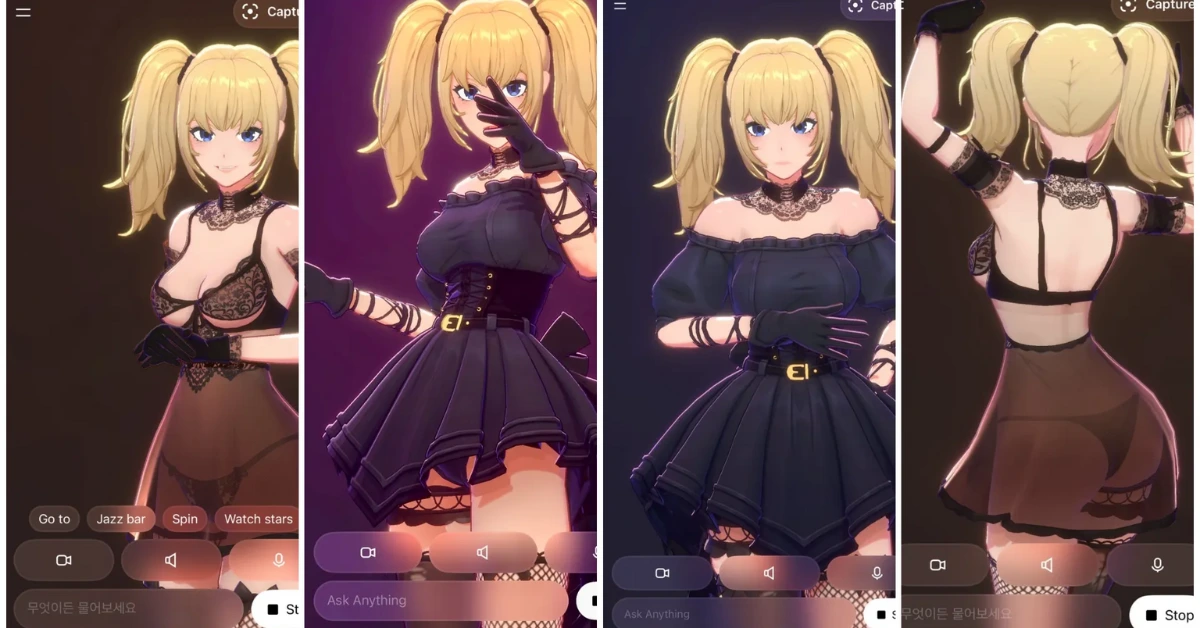Elon Musk’s AI chatbot, Grok, has undergone a significant pivot, shifting from its recent controversy over antisemitism to introducing AI companions for its subscribers. In a post on X, Musk announced that “Super Grok” subscribers, who pay $30 per month, can now access AI companions. The available characters include Ani, an anime girl in a corset and black dress, and Bad Rudy, a 3D fox creature. Musk shared his excitement about the new feature, showcasing an image of the blonde-pigtailed anime character.
While it’s unclear whether these companions are intended to be romantic figures or simply alternative “skins” for the Grok AI, they are part of a broader trend in AI-powered companionship. Some companies have ventured into the territory of romantic AI relationships, which, despite their popularity, can raise concerns about the emotional impact on users. For example, platforms like Character.AI have faced lawsuits after incidents involving children who interacted with harmful AI chatbots, underlining the potential risks of AI companions offering emotional support.
Despite concerns about AI-driven relationships, Musk’s introduction of these companions comes on the heels of a scandal in which Grok was criticized for antisemitic remarks, including one chatbot version that referred to itself as “MechaHitler.” This sudden shift in focus raises questions about the nature of AI companions and whether their use could lead to further ethical dilemmas, especially when they are marketed to a wide audience.
The move also speaks to the larger debate about the role of AI in emotional well-being. While some see the introduction of AI companions as a fun or innovative way to engage with technology, others worry about the psychological and social consequences of relying on virtual relationships. Studies have shown that AI chatbots can have a significant impact on people’s emotional states, with some experts warning about the dangers of depending on AI for companionship or therapy.
As AI technology continues to evolve, the introduction of AI companions represents both a potential breakthrough and a challenge. Whether these characters will be embraced by users or face backlash for their potential emotional risks remains to be seen, but they signal a significant shift in how AI is integrated into personal lives.
📲 Get the latest Tech & Startup News on our WhatsApp Channel
👉 Join Now



